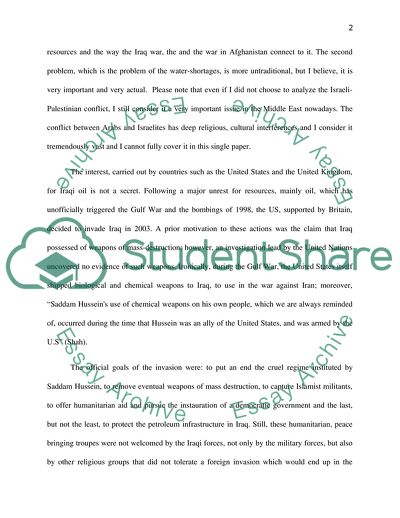Cite this document
(Major Political and Social Issues in the Middle East Essay, n.d.)
Major Political and Social Issues in the Middle East Essay. https://studentshare.org/politics/1746488-political-scince
Major Political and Social Issues in the Middle East Essay. https://studentshare.org/politics/1746488-political-scince
(Major Political and Social Issues in the Middle East Essay)
Major Political and Social Issues in the Middle East Essay. https://studentshare.org/politics/1746488-political-scince.
Major Political and Social Issues in the Middle East Essay. https://studentshare.org/politics/1746488-political-scince.
“Major Political and Social Issues in the Middle East Essay”. https://studentshare.org/politics/1746488-political-scince.


